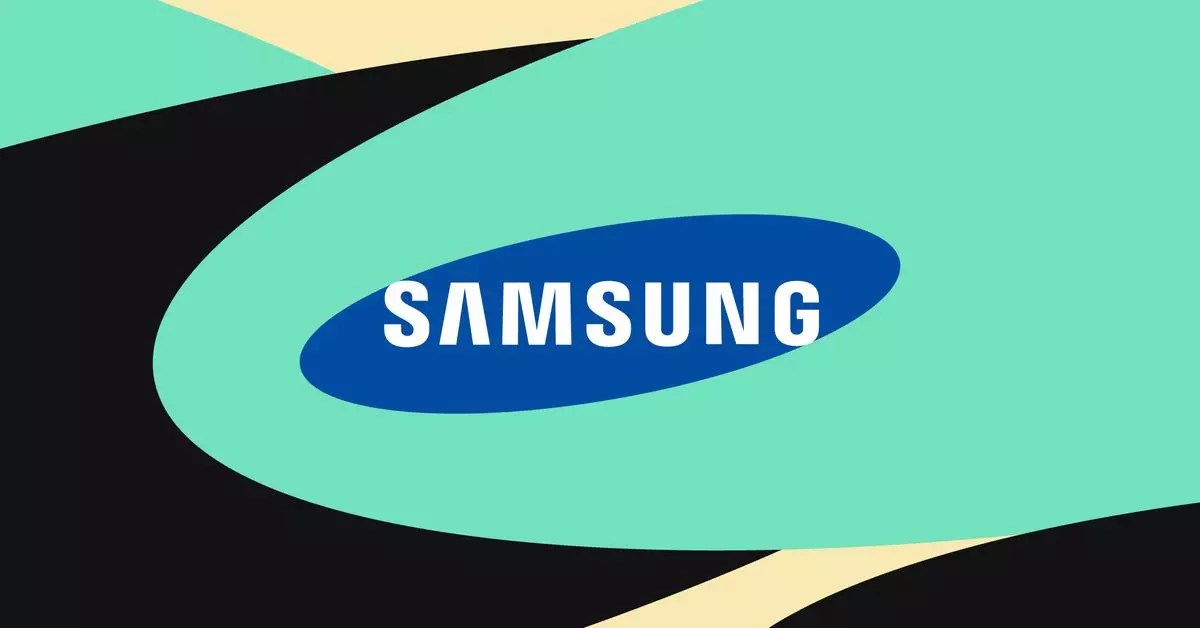Samsung recently made a bold announcement regarding its Tizen operating system updates for newer AI-powered TVs. The company stated that it will provide seven years’ worth of updates for these TVs, starting with models released in March 2024. This decision represents a significant shift from Samsung’s previous update policy, which primarily focused on bug fixes rather than full OS upgrades.
The motivation behind Samsung’s move can be attributed to the increasing competition in the smart TV market, particularly from Chinese rivals such as Hisense and TCL. Research from analytics firm Omdia revealed that Samsung’s market share had decreased by over 2 percent, while TCL and Hisense were gaining ground with 12.1 percent and 10 percent shares, respectively. In response to this threat, Samsung aims to solidify its market leadership by providing long-term OS support for its AI-powered TVs.
By offering seven years of free Tizen upgrades, Samsung hopes to differentiate itself from Chinese competitors and attract more customers. Yong Seok-Yoon, the president of Samsung Electronic’s Visual Display Business Division, emphasized the importance of this move in widening the gap in market share. While the specific TV models eligible for the extended updates have not been specified yet, Samsung’s commitment to long-term support is a strategic advantage in the competitive smart TV landscape.
Parallel Initiatives
Samsung’s decision to extend OS updates is not limited to its smart TVs. Earlier this year, the company also announced a similar policy for its Galaxy S24 smartphone series, promising seven years of OS upgrades and security updates. This aligns with a trend in the industry, as LG, Samsung’s domestic rival, revealed its plan to offer five years of webOS upgrades for its smart TV lineup. These initiatives reflect a growing emphasis on long-term software support as a key differentiator for consumer electronics brands.
Samsung’s commitment to providing seven years of Tizen operating system updates for its AI-powered TVs signifies a significant shift in the company’s update strategy. By prioritizing long-term support and aiming to outpace Chinese rivals in the smart TV market, Samsung is positioning itself for sustained success and customer loyalty. As the competition intensifies and consumer expectations evolve, the importance of continuous and timely software updates cannot be overstated in the fast-paced world of technology.


Leave a Reply